Hyderabad: The University of Hyderabad has developed a new nanotechnology-powered water purification system designed to clean polluted rivers and reduce industrial wastewater discharge.
The technology was showcased during the inauguration of India’s first Semiconductor Innovation Museum, T-Chip SIM, in Hyderabad. The solution aims to support the revival of the Musi River by turning contaminated water into clean, reusable water.
Targeting Industrial and Urban Pollution
According to the research team led by Professor Swati Ghosh Acharya, the focus has been on creating advanced nanomaterials capable of tackling toxic heavy metal ions and high levels of TDS (Total Dissolved Solids), BOD (Biochemical Oxygen Demand), and COD (Chemical Oxygen Demand) commonly found in industrial and urban wastewater.
The team has designed the system to integrate with existing sewage treatment plants (STPs) to serve as a tertiary treatment layer, preventing untreated waste from flowing into the Musi River.
AI and Satellite Imaging for Monitoring
The project has been developed in collaboration with UK-based researcher Kaviva Gawaza. It uses artificial intelligence along with satellite imaging to identify pollution hotspots along river stretches. The system correlates satellite data with real-time measurements of contaminants such as turbidity, nitrates, phosphates, toxic metals, and grey water pollutants to ensure effective monitoring and intervention.
Reducing RO Waste and Enhancing Reuse
One of the most significant achievements of the technology is its ability to reduce reverse osmosis (RO) reject water. Typically, RO systems discharge up to half of the treated water due to high TDS levels, but the new system can bring TDS levels down to below 10, making the water suitable for reuse in the same cycle. This breakthrough increases water recovery efficiency and reduces waste.
Sustainable and Plastic-Free Model
The circular treatment model developed by the team not only purifies water but also lowers energy consumption and carbon footprint. Unlike conventional methods, it eliminates the use of plastic membranes, reducing plastic waste generated by current water treatment systems.
Reviving the Musi River
The overarching goal of the initiative is to revive the Musi River, once seen as a lifeline for Hyderabad but now heavily polluted due to untreated discharge. The team plans to collaborate with industries to implement this technology, ensuring responsible waste treatment and water reuse to bring the river back to life.
Also Read
Membrane Group Secures $50 Million Investment to Scale Global Water Treatment Solutions















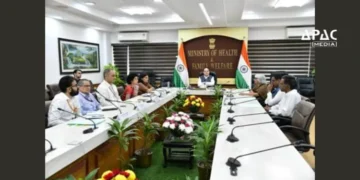
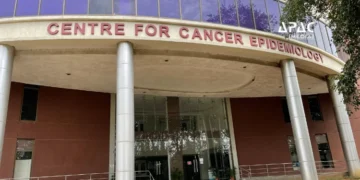

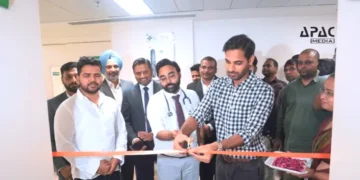






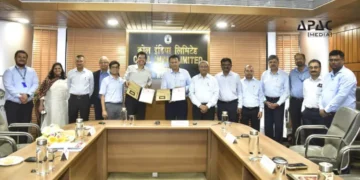
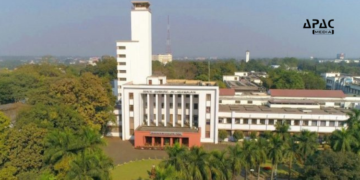


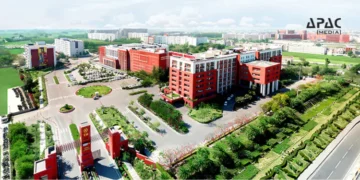
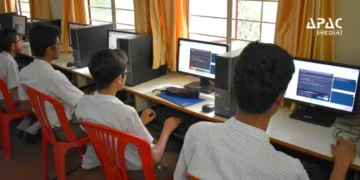
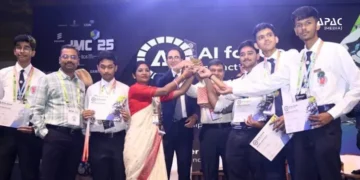
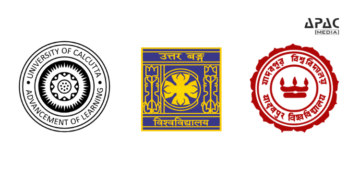

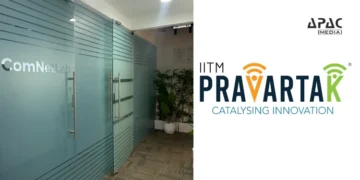





























Discussion about this post